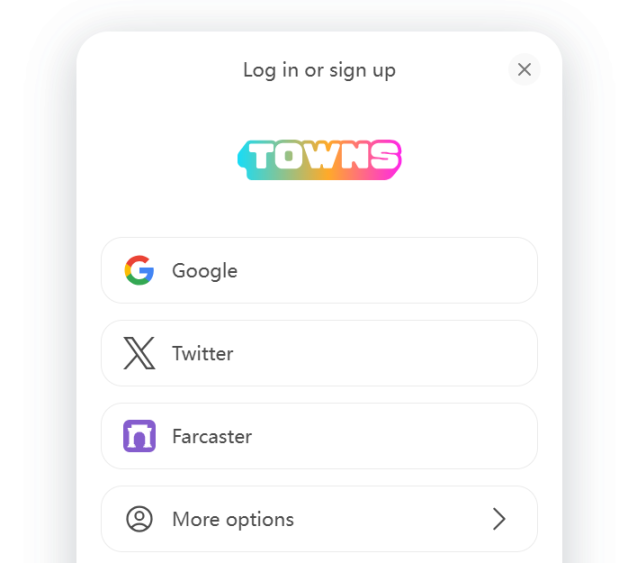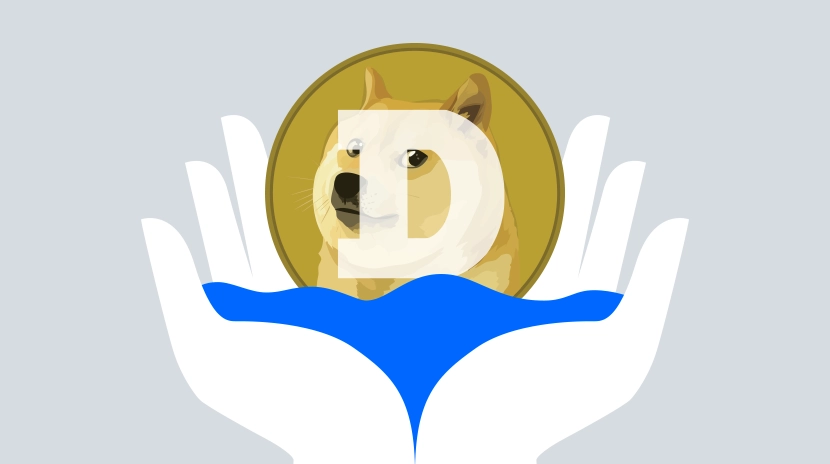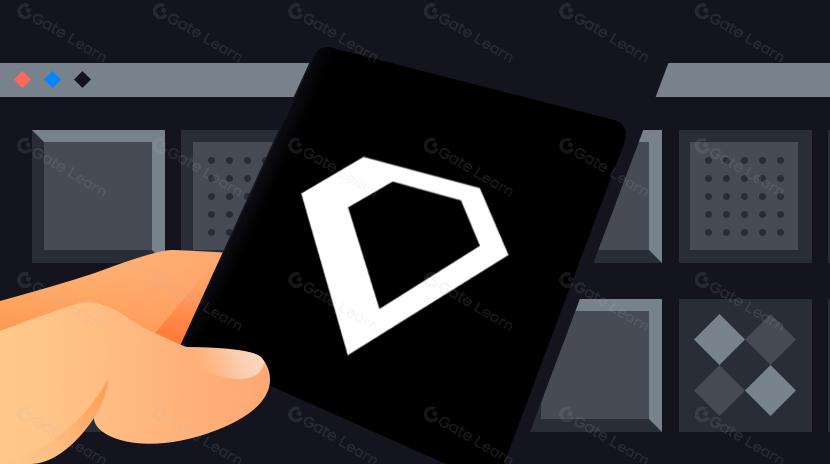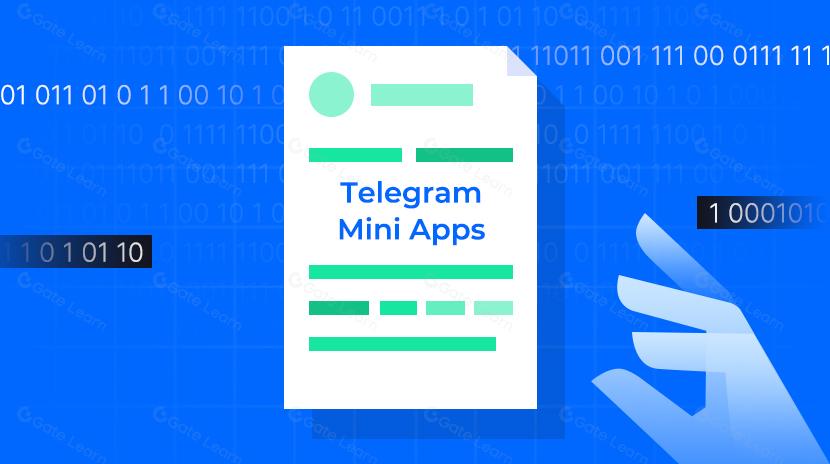Децентрализованный Discord? Могут ли Towns, поддержанные a16z, прервать Проклятие ончейнового социума?
Towns имеет общее количество токенов в 10 миллиардов.
11 апреля веб-протокол социальной сети Web3 Towns Protocol завершил раунд финансирования серии B на сумму 10 млн долларов, возглавляемый a16z crypto. Впервые в него вступили Coinbase Ventures, а Benchmark увеличил инвестиции. Еще в феврале 2023 года Towns уже привлек 25,5 млн долларов в рамках серии A, также возглавляемой a16z.
В то время, когда криптовалютный рынок остается мрачным - с финансированием для узких секторов, почти исчезающим, и даже основные секторы видят резкое сокращение капитала - многие фонды заняли консервативную позицию, неохотно инвестируя. Почему же a16z по-прежнему делает ставку на социальный трек, который широко считается неперспективным? Что выделяет Towns?
Протокол с открытым исходным кодом для мгновенных сообщений
Towns Protocol - это открытый протокол для создания децентрализованных приложений для обмена сообщениями в реальном времени. Он включает в себя сеть второго уровня, совместимую с EVM, и децентрализованные ретрансляторы вне цепи, развернутые на Base. Towns позволяет пользователям без разрешения создавать программные случаи коммуникации, называемые "Spaces". Эти Spaces могут быть владеемыми, поддерживать подписки на цепи (системы членства), масштабируемые фреймворки репутации и шифрование сообщений от конца к концу.

Экосистема Towns Protocol разработана для того, чтобы давать людям возможность создавать, управлять и участвовать в цифровых сообществах в безопасном и разрешающем доступ способе. Ее основная цель - предоставить мощную, безопасную и децентрализованную платформу, которая дает пользователям полный контроль над своими данными, конфиденциальностью и взаимодействием в этих цифровых пространствах, обеспечивая при этом их репутацию.
Протокол мессенджера Towns является основной инфраструктурой для верификации и передачи зашифрованных сообщений между пользователями. Он представляет инновационный метод для безопасного, частного группового общения. Протокол разработан для бесперебойной работы в инфраструктуре блокчейна, используя прочность децентрализованной технологии для предоставления высококачественного, разрешенного опыта общения.
Права на чтение/запись защищены на Base, что позволяет городам балансировать производительность при отправке сообщений тысячам участников со скоростью, сравнимой с централизованными социальными сетями. Хотя протокол изначально создавался для широких чатов, включая бизнес-логику чата, ожидается, что в будущем он превратится в абстрактный базовый уровень для всех типов зашифрованных сообщений.
Основные характеристики
Города состоят из трех основных компонентов. Первый - это цепочка городов, решение блокчейн Layer 2, построенное на стеке OP, служащее основой протокола обмена сообщениями городов путем обеспечения консенсуса и безопасности. Второй - это ретрансляционные узлы, ответственные за управление потоками сообщений в рамках протокола, обработку верификации, хранение и шифрование сообщений. Третий связан с управлением разрешениями, которое контролирует доступ пользователей и роли в пространствах, обеспечивая безопасную и хорошо организованную среду общения.
Хотя его интерфейс напоминает Discord, Towns обладает уникальными характеристиками. Его экран входа поддерживает учетные записи Google и Twitter, и даже включает интеграцию с конкурирующей платформой Farcaster—не требуется крипто-нативный кошелек.

Цепь, специально созданная для социальных сетей
Towns Protocol - это цепь, специализированная для приложений, разработанная для социальных сетей, с разделенными правами на чтение/запись, защищенными отдельно на Base. Эта настройка позволяет сделать компромисс по производительности, обеспечивая доставку сообщений тысячам участников со скоростью, сопоставимой с централизованными социальными сетями.
Пространства связи, принадлежащие владельцу
Создатели пространства действительно владеют созданными ими пространствами, и эти пространства существуют как активы на цепи блоков.
Программируемые пространства
Пространства развертываются on-chain с программируемыми интерфейсами, позволяющими создавать пользовательские правила, такие как, кто может читать и писать, и могут интегрироваться с любыми другими внешними контрактами, совместимыми с EVM.
Членство на цепи с встроенными протокольными комиссиями
Пользователи должны иметь действительные токены участия, чтобы отправлять и получать сообщения в пространстве. Стоимость участия включает в себя комиссии протокола, которые помогают покрыть операционные расходы сети.
Граф социальных связей на цепи
Токены участника и Пространства можно найти на цепи, образуя прозрачную структуру социальной сети.
Масштабируемая система репутации
Пространства городов программные, позволяя членам поддерживать репутационные баллы в рамках конкретных пространств. Эти баллы также могут быть обнаружены на цепи.
Зашифрованная конечно-конечная передача сообщений
Продвинутое шифрование обеспечивает безопасное и конфиденциальное общение, защищая сообщения, передаваемые между отправителями и авторизованными пользователями.
Токеномика
Согласно его официальной документации, токен Towns развернут на основной сети Ethereum с начальной эмиссией в 10 миллиардов токенов. В экосистеме протокола Towns токен служит для нескольких целей, включая делегирование операторам узлов, делегирование адресам пространства и участие в управлении.
Токены Towns могут быть делегированы операторам узлов, которые являются важной частью операций сети. Для получения одобрения DAO и начала работы операторы узлов должны достичь минимального порога делегирования, обеспечивая заинтересованность в успешности и безопасности сети. Токены могут быть делегированы непосредственно на адрес оператора узла или на любой действительный адрес пространства в сети. Пространства могут затем перенаправить полученные делегированные токены определенным операторам узлов, предлагая гибкость в стратегиях делегирования. В дополнение к делегированию и операциям сети токены Towns играют важную роль в управлении Towns DAO. Владельцы токенов могут участвовать в процессе принятия решений, влияя на направление и политику DAO.
Что касается механики инфляции, у токенов Towns есть начальная годовая инфляционная ставка 8%, которая линейно уменьшается в течение 20 лет до уровня 2%. Награды за инфляцию распределяются в конце каждого цикла между всеми активными операторами узлов. Каждый цикл длится две недели (раз в две недели). Следовательно, распределение награды за цикл рассчитывается по формуле: (Годовая инфляционная ставка / 26).
Относительно комиссии за распределение вознаграждения каждому оператору узла разрешено устанавливать свой процент обслуживания. Эта комиссия вычитается из общего инфляционного вознаграждения, выделенного оператору узла за цикл. После вычета комиссии оператора оставшиеся вознаграждения пропорционально распределяются делегаторам этого узла. Ожидается, что функция стейкинга будет включена в будущем.
В настоящее время нет общедоступной информации о возможных airdrop.
Сводка
Генеральный директор Towns Protocol - Бен Рубин. Он опытный предприниматель, известный как сооснователь и генеральный директор популярного видео-социального приложения Houseparty и приложения для прямой трансляции Meerkat.

(Центр: Рубин)
Рубин признан за свои достижения в создании инновационных онлайн-сообществ и средств мгновенного общения. Его карьера сосредоточена на улучшении человеческих связей и взаимодействия через технологии.
Согласно официальным источникам, в Towns в настоящее время состоит почти 1 миллион участников, и через разговоры в Spaces генерируется более 500 000 долларов трат. Доходы от протокола стабильно растут с начала года.

В пространстве социальной сети Web3 было замечено бесчисленное количество протоколов, которые на мгновение сверкали, прежде чем исчезнуть — запущенные с большими амбициями изменить устоявшийся порядок вещей, только чтобы потерпеть неудачу из-за технических узких мест, оттока пользователей или закрытых экосистем. В условиях медленного рынка криптовалют ключевые вызовы, которые остаются, это: как привлечь больше пользователей для создания и присоединения к групповым чатам и как удерживать их в долгосрочной перспективе.
Отказ от ответственности:
- Эта статья перепечатана с [ForesightNews], и авторские права принадлежат оригинальному автору [1912212.eth, Новости о предвидении]. Если есть возражения против репоста, пожалуйста, свяжитесьGate Изучениекоманды, которая незамедлительно разберется с ним в соответствии с соответствующими процедурами.
- Отказ от ответственности: Взгляды и мнения, высказанные в этой статье, являются исключительно точкой зрения автора и не являются инвестиционным советом.
- Другие языковые версии этой статьи переведены командой Gate Learn. Переведенную статью нельзя копировать, распространять или плагиатировать, еслиGate.com явно упоминается.
Похожие статьи

Обзор любовно-ненавистнических отношений Маска с DOGE

Руководство новичка по рынку NFT SuperRare

Telegram Мини-приложения: Великая Революция - Путешествие от Web2 к Web3

Топ-10 китайских крипто-подкастов на 2025 год

Проект Banana Gun: Telegram Sniper Bot, который сжег 2200 ETH во втором квартале
